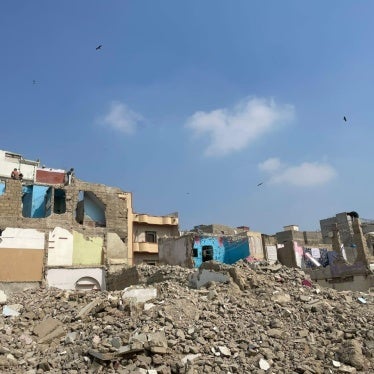The Pakistan military’s public communications arm, the Interservices Public Relations (ISPR), trumpeted a decisive victory on July 16 in its ongoing offensive against alleged Pakistani Taliban strongholds in North Waziristan. In a terse, one-sentence online statement, the ISPR announced that “Today early morning 35 x fleeing terrorists were killed through aerial strikes in shawal valley [sic].”
But Shawal Valley residents who witnessed the attack and have since fled to internally displaced persons (IDP) camps in the city of Bannu in Khyber Pakhtunkhwa province had a different story. They told domestic media that the Pakistani air force attack had resulted in the destruction of 11 homes and the deaths of 37 civilians – the majority women and children. The Pakistani military has denied those allegations and insists that “there were no reports of civilian casualties” from the Sawal Valley assault.
That lack of clarity is no accident. The Pakistan military has deliberately curtailed public scrutiny of the North Waziristan operations by severely limiting media access to the area. The military action was in response to a June 8 attack by militants against Jinnah International Airport in Karachi that killed more than 18 people. The government then opened a ground offensive on June 30 in North Waziristan involving more than 30,000 troops. However, it wasn’t until July 10 that the government facilitated a tightly controlled media visit to a town near the heart of the reported fighting. Meanwhile, the government estimated that as of July 7, the military intervention had displaced almost 800,000 people, and that up to 75 percent of them have taken refuge in Bannu. Those displaced people now live in camps with inadequate potable water, sanitation facilities, and health care.
The lack of media access means the impact of the offensive on North Waziristan’s civilian population can only be guessed at. But the lack of independent media oversight does not release either the Pakistani military or the Pakistani Taliban from its obligations to abide by international humanitarian law, or the laws of war, particularly when it comes to protecting the civilian population. Armed forces may not subject civilians to deliberate, indiscriminate, or disproportionate attacks. They must take all feasible precautions to minimize harm to civilians and avoid deploying in densely populated areas. Civilians must be allowed to safely leave combat areas. It is unlawful to take hostages or use people as “human shields” to prevent enemy attacks. Civilian structures, including hospitals, are protected from attack, unless they are being used for military purposes. Medical personnel transport and facilities have special protections.
The truth of what occurred in the Sawal Valley will remain in dispute until journalists and human rights monitors are allowed to visit the scene and try to piece together what really happened. But the Pakistani military is on notice that muzzling the media does not give it carte blanche to conduct operations that put civilian populations at unnecessary risk.







